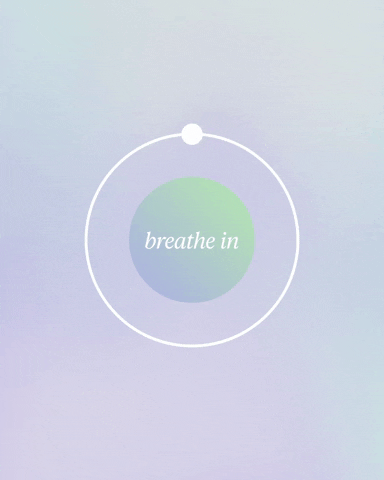
Panic Attack
Like anxiety, panic attacks are an involuntary response to fear.
It is when, without predicting anything, an exaggerated response to fear takes place.
Heart rate changes are among the most commonly reported symptoms during a panic attack.
One of the main differences between panic and anxiety is the duration and severity of the symptoms.

Blame the brain
You've certainly heard a lot about it, but the brain really is to blame, at least that's the most widely used theory. Symptoms can be attributed to chemical imbalances known as neurotransmitters.
It is known that there are hundreds of different neurotransmitters and if they are not well synchronized like a clock, the brain will start sending orders to the body's organs in an erroneous way.
The suspicious chemists
Here are the usual suspects serotonin, dopamine, norepinephrine. They are believed to be responsible for mood and anxiety disorders.
Serotonin is a neurotransmitter widely associated with mood, sleep, appetite and other regulatory functions in the body.
Dopamine influences, among other functions, a person's energy levels, attention, rewards, and movement.
Norepinephrine is also related to anxiety, as it is released in the fight-or-flight response and the physiological response to stress.

Anxiety vs Panic
If you ask a doctor he will tell you something you won't understand...
...if you ask me I'll answer you like this, they differ in duration, severity of symptoms and how it starts.
In panic, the duration is short, the symptoms are severe and start suddenly.
In anxiety the duration is long, symptoms are moderate and start gradually.
What do you know so far?
-
It´s the brain fault Chemical imbalances in the brain play a major role.
-
Differences between anxiety and panic The difference is in duration, symptoms and onset.
The symptoms
Symptoms don't put your life at risk but I assure you, they are scary. Apart from the overwhelming pain that occurs in a heart attack the remaining symptoms are very similar, which include:
Irregular heartbeat
Accelerated heartbeat
Sweats
Tremors
Dizziness
Nausea
Dry mouth
They are usually short-lived, about a minute and sudden. However, they can occur several times a day.

What to do?
There's not much you can do if you don't wait, but you can do something that can lessen the intensity of it.
An excellent tip if not the best is to control your breathing and wait.
If the attack occurs at home, wetting the face with cold water also works, as does listening to music.
When you go to the doctor, he will certainly suggest a medicine in s.o.s.
It's usually a tranquilizer xanax, victan, etc that you put under your tongue that quickly calms you down.
When to seek help?
Everyone at some point in life will feel it, but if they start to recur, yes, it's worth making an appointment with the doctor.
You're going to be honest with your doctor and based on how long you've been feeling these feelings he'll advise you on the best way.
Treatments
It is important to control the attacks because complications can arise such as phobias, agoraphobia, problems at work or school, depression and even risk of thoughts / suicide.
Treatment is similar to that of generalized anxiety, therapy usually includes antidepressants and benzodiazepines, commonly known as tranquilizers.
What do you know so far?
-
It´s the brain fault Chemical imbalances in the brain play a major role.
-
Differences between anxiety and panic The difference is in duration, symptoms and onset.
-
Control the breath The best tip you can have is to inhale and exhale correctly.
-
Treatments are similar to anxiety Therapy is with antidepressants and benzodiazepines.